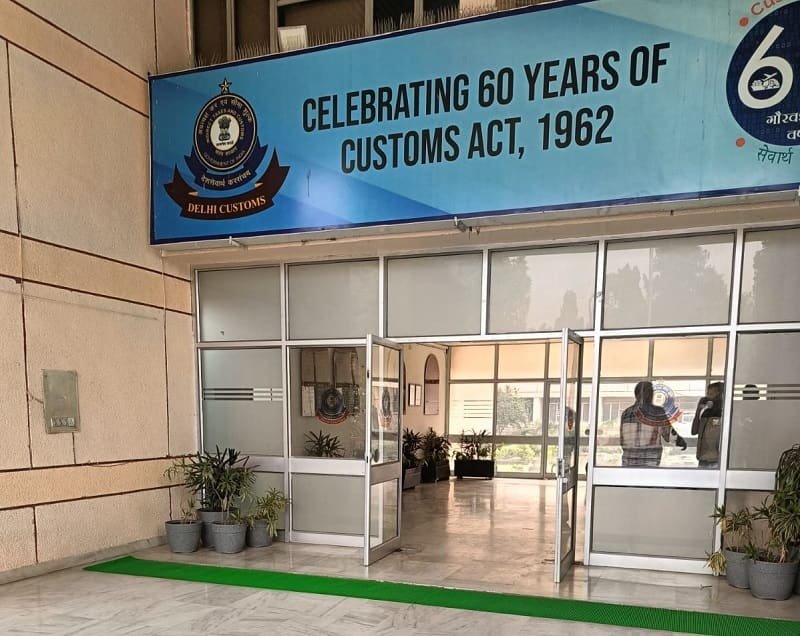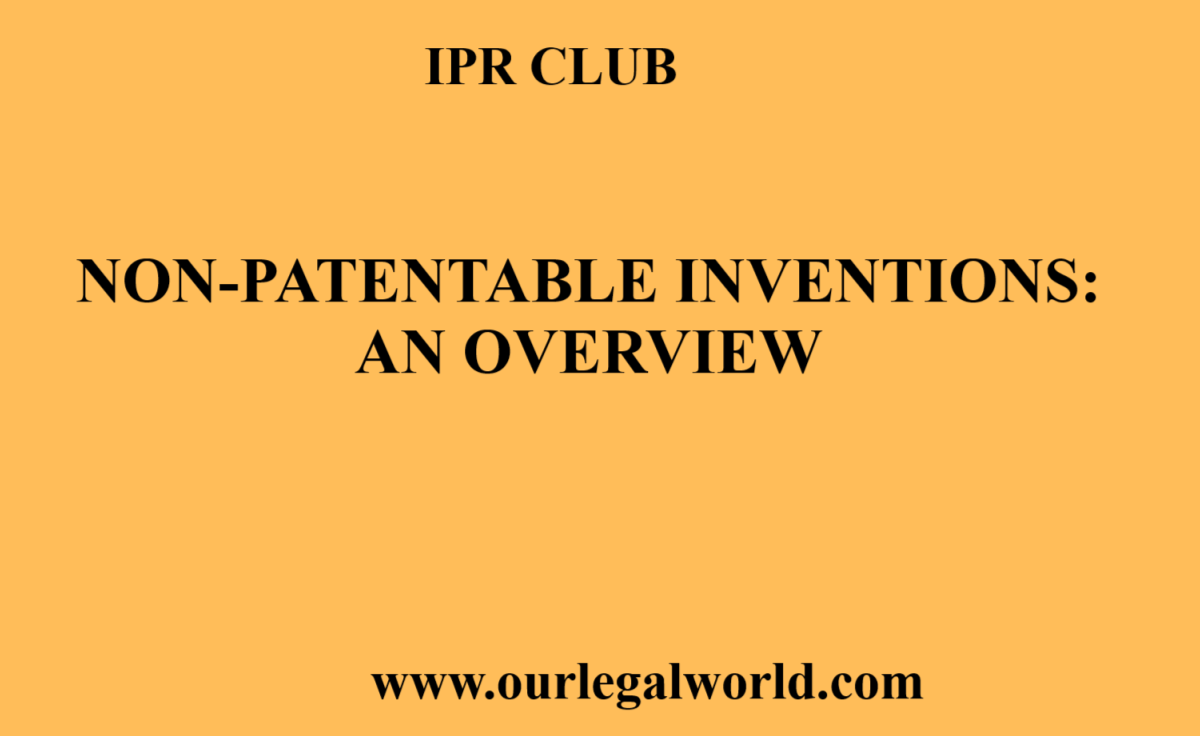Youth Bar Association of India Vs. Union of India, 2016 : Guidelines on FIR
Petitioner: Youth Bar Association of India
Respondent: Union of India
Date of Judgement: 7th September,2016
Bench: M Khanwilkar, Y. Chandrachud, Dipak Mishra
Citation: AIR 2016 SC 4136
Court: Supreme Court of India
Background
In this case, a writ request favored under Article 32 of the constitution The appellant of Youth Bar Association had petitioned writ in the idea of Mandamus, guiding Union of India and states to transfer every single FIR i.e. first information report enrolled in all the police headquarters inside the domain of India on the official site of police everything being equal, as right on time as could be expected under the circumstances, ideally inside 24 hours from the hour of enlistment of the FIR.
Facts of the case
- Mandamus is a legal remedy as a request from a court to any legislatures, subordinate court, organization, or open position, to do some particular demonstration which that body is obliged under law to do, which is in the idea of open obligation and in specific cases one of a legal obligation.
- In India Article 32 and 226 of the constitution offers capacity to the Supreme Court and High Court to give writs if there should be an occurrence of break of fundamental rights by any citizen of the state.
- By such writs the judiciary can control managerial activities and forestall any sort of subjective utilization of intensity and attentiveness.
- Mandamus lies against specialists whose obligation is to play out specific acts and they have neglected to do as such.
Issues Raised
- Firstly, regardless if such FIR be transferred as right on time as could be expected under the circumstances, ideally inside 24 hours from the hour of housing.
- Secondly, regardless if to give a suitable writ in the idea of mandamus.
- Thirdly, regardless if the writ gave be a request or bearing guiding the respondents to transfer every single first information report held up in all the police headquarters inside the region of India in the official sites of the police all things considered.
Petitioner’s Argument
- The article 21 of constitution in its wide point of view looks to ensure the people of their lives and individual freedoms aside from as per the methodology set up by law. The said article in its wide application not just takes inside its overlay requirement of the privileges of a blamed yet additionally the rights for the person in question.
- The privilege to freedom under article 21 is an essential right, and henceforth ought not be gently meddled with.
- The guidance for appellant presented that after enrollment of the FIR, if the FIR is transferred online it will tackle numerous superfluous issues looked by the denounced and their relatives. At the point when the criminal law is gotten under way and freedom of a person is ought to know the facts so that he could find the right path to secure his freedom.
- The valuable right ensured by Article 21 of the Constitution of India can’t be denied to convicts, under trials, prisoners and different detainees in the authority, with the exception of as per the strategy set up by legal system by putting such limitations as are allowed by law.
Respondent’s Argument
- The guidance for UOI presented that the headings gave by the high court of Delhi can be applied with specific adjustments.
- The insight showing up for state of Uttarakhand presented that FIR in regard of specific offenses which are enrolled, as sexual offenses and the offenses under POCSO might be hard to be put on the site.
- The direction showing up for North eastern conditions of Mizoram, Sikkim and Meghalaya presented that revolt would be a touchy issue and it would not be conceivable on some portion of the said states to transfer the first information report inside twenty-four hours.
- The article 21 of constitution in its wide point of view tries to secure a person’s personal life and his liberty with the deviation of as indicated by methodology built up by law. The said article in its expansive application not just takes inside its crease authorization of the privileges of a blamed yet additionally the rights for the person in question.
Judgement
- The supreme court gave the decision in accordance of the accompanying issues:
- A blamed is qualified for get a duplicate of the FIR at a beginning phase than as recommended under area 207 of the CrPC, 1973.
- The duplicates of the FIR, except if the offense is touchy in nature like sexual offenses relating to rebellion fear mongering and of that classification, offenses under POCSO Act, 2012 and such different offenses ought to be transfer on the police site.
- The choice not to transfer the duplicate of the FIR on the site will not be taken by an official beneath the position of DSP or any individual holding proportionate post.
- The regulation for transferring of first information report in the site of considerable number of states will be given impact from 15th November, 2016.
Critical Analysis
The supreme court mandate with respect to transferring the first information report on the site of state police was a stage to healthy change in the criminal procedures mechanical assembly. It planned for advancing brief activity, straightforwardness and control discretion. It fundamentally protected the interests of blamed people. The denounced who may come to realize that he figured in a FIR, however has no clue about the charges which structure its premise.
The court’s judgment likewise profited the survivors of wrongdoing who have no methods for becoming more acquainted with whether their grievance had been welcomed on record or not. The Indian police office is known for questionable record of stifling wrongdoing. The viewpoint of the court’s remedy makes it hard for station house officials to overlook wrongdoing, a typical practice embraced with the end goal of helping a guilty party or to dress police insights up so they cover a smallest ascent in wrongdoing.
The court explained that in the event that there is availability issues because of topographical area or there is some other inevitable circumstances, the time can be reached out up to forty-eight hours. The said forty- eight hours can be stretched out greatest as long as seventy- two hours and it is just relatable to availability issues because of topographical area.
References:
- https://www.casemine.com/
- https://Lawtimesjournal.com
- www.scobserver.in
- www.indiankanoon.org
- blog.ipleaders.in/rights-article-21-india
Also Read:





![Jamia Hamdard Mediation Competition 2025 at School of Law, HILSR [21st February 2025]](https://ourlegalworld.com/wp-content/uploads/2024/12/Screenshot-11-min-1.png)


